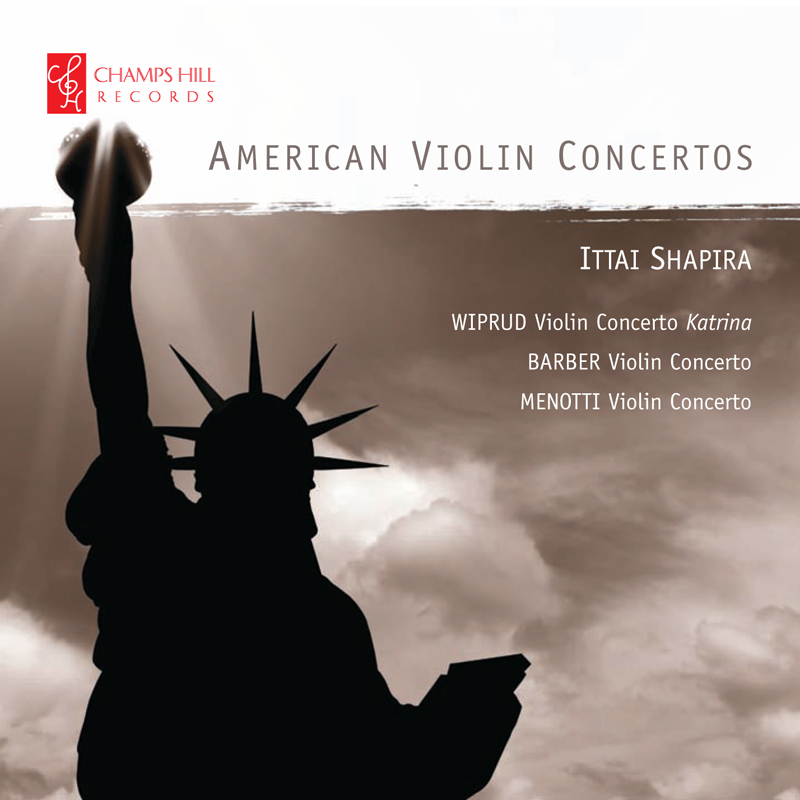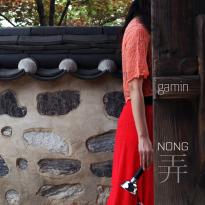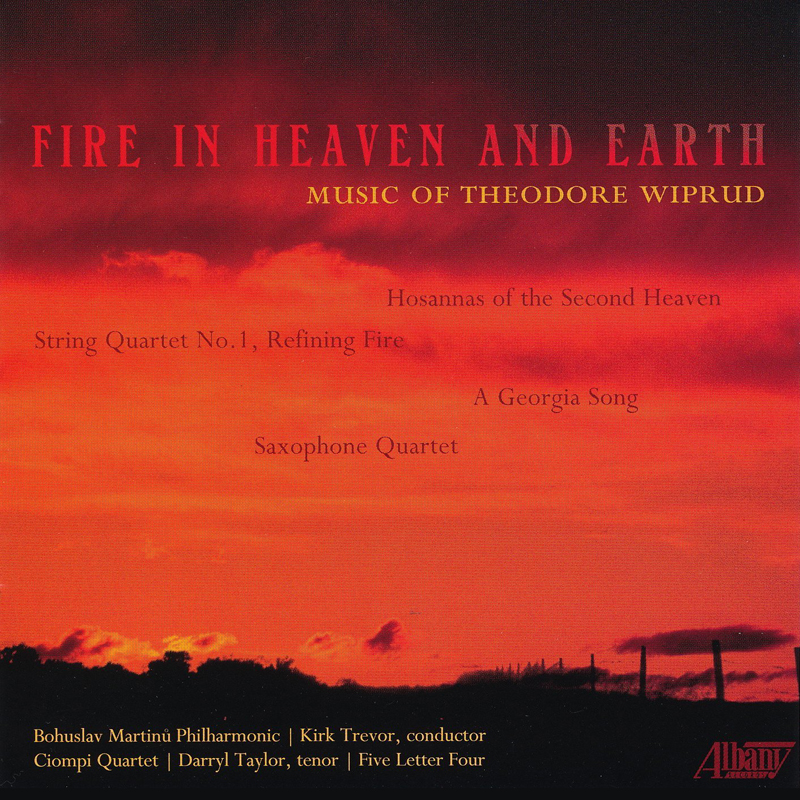How does creating music affect the first-time composer?
Suppose her feelings and impulses are centered, instead of theoretical concepts or compositional models. Suppose her first efforts to generate and structure music lead to professional performance and public affirmation. Suppose the young composer catches the composing bug. Having been a composer-mentor in the South Dakota Symphony’s Music Composition Academies for several years, dealing mostly with Native American youth, I’ve come to striking realization.
I have a point of comparison as to what distinguishes the work in South Dakota. As Vice President for Education at the New York Philharmonic until 2014, I worked on any number of similar programs titled Very Young Composers (created by Jon Deak). Indeed, these have been my model in developing the South Dakota program.
To an unusual degree, young people in the South Dakota program deal with trauma in their music – both personal and social. Of 13 students in the June 2021 Academy, four explicitly dealt with trauma, in highly artistic ways. Students’ comments revealed that their pieces were about teen suicide; about the horrors of the Indian boarding schools and generational trauma; about asserting an identity in the face of despair. In all likelihood, other student compositions responded to trauma as well, if in less conscious or explicit ways.
And what’s particularly striking is that students who deal with trauma in their music are those who return year after year. Their very first work may not address it, but having become confident that the Academy is a safe space, they tackle the hard stuff in their second and third years.
It’s only now, taking a look at several years’ composers and compositions, that I see that dealing with trauma is one of the main outcomes of this work. I’ve always felt that creative work in any genre is a route to self-discovery. Perhaps composing instrumental music can address tough subject matter even more directly, appealing directly to emotion (generally without words), and yet requiring a degree of objectivity, of formal structure. Or perhaps it’s just the population we’re dealing with in South Dakota – mostly young people who have grown up on reservations rooted in centuries of oppression.
Composer-mentors Jeff Paul and Michael Begay and I call on students to share what’s most meaningful to them. There are no bad ideas or wrong answers. We merely facilitate the shaping of their inspirations. What would happen if we wove in theory lessons, right ways to do things – would the outcome be as honest? Our current approach is to help them find such learning elsewhere, if this experience so inspires them. But so far, even those whose composing is limited to one week per summer are showing tremendous growth of their musical language, and the depth of their subject matter.
So who needs such programs the most? Maybe not only those for whom a summer composing workshop is like a head start on conservatory training. Maybe not only those who are aware of “classical” music institutions and careers. As has been shown repeatedly with regard to arts education, students who stand to benefit the most (in terms of both academic and social-emotional learning) are those too often without the resource. It’s gratifying that 13 young people had the opportunity this summer in South Dakota. Out of how many thousands in that state alone? How many more can we reach, without undermining the tremendous amount of individual attention required?
All this makes me think too about what effect composing has on me now, going on a half-century into it. And whether grappling with the darker aspects of my own life, or of our collective life, brings such power into my music as I hear in these young people’s efforts. Emotional inspiration is certainly not the only way to achieve striking results, but for many of the young Native Americans we’ve been working with, facing trauma has produced astonishing works of art, along with positive personal growth. It’s not either-or.





